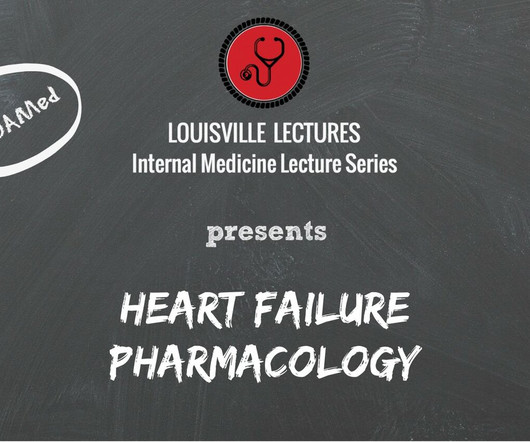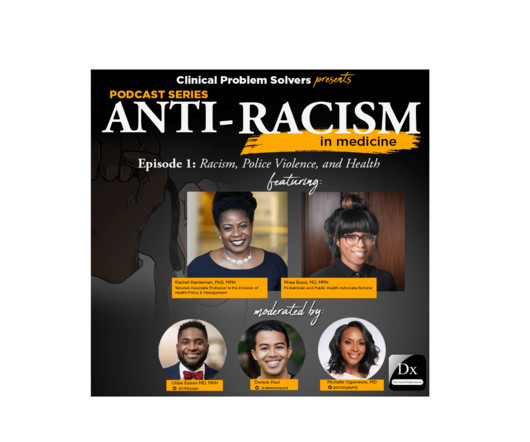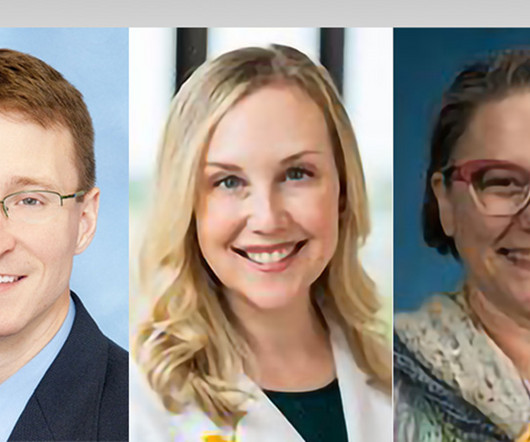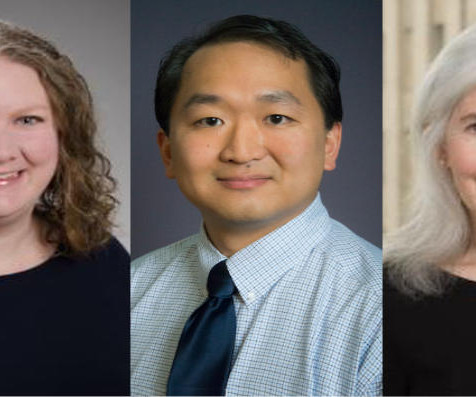Heart Failure Pharmacology with Dr. Regan Wade
Louisville Lectures
AUGUST 6, 2021
Regan Wade is an Internal Medicine Clinical Pharmacist and Pharmacy Residency Preceptor at the University of Louisville Hospital. Dr. Wade’s clinical practice interests are in Internal Medicine, Cardiology, Anticoagulation, Transitions of Care, and Teaching and Precepting. Read more here.

















Let's personalize your content